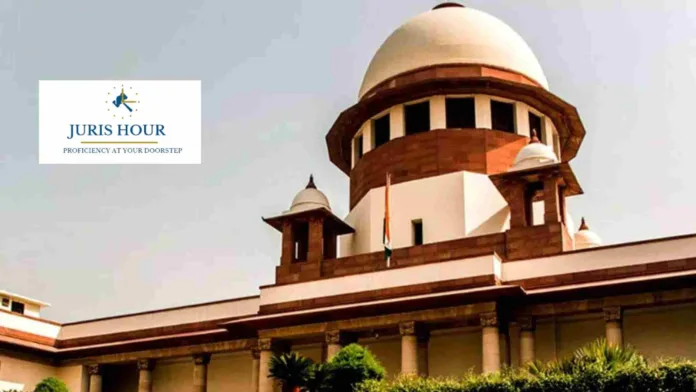The Supreme Court dismissed a batch of appeals filed by the Bihar State Food and Civil Supplies Corporation and held that criminal allegations do not bar arbitration in fraud cases.
A Bench of Justices Pamidighantam Sri Narasimha and Manoj Misra upheld the Patna High Court’s 2020 order appointing arbitrators under Section 11 of the Arbitration and Conciliation Act, 1996, despite the pendency of criminal proceedings and recovery actions. The Court concluded that once the existence of an arbitration agreement is established, the referral court’s role under Section 11(6A) is confined to that determination, leaving all other objections for the arbitral tribunal to decide.
The dispute traces back to 2012–13, when the Corporation engaged rice millers for custom milling of paddy procured from farmers under a Food Corporation of India scheme. Contracts required delivery of rice equivalent to 67% of the paddy supplied. According to the Corporation, several millers defaulted, prompting recovery proceedings under the Bihar & Orissa Public Demands Recovery Act, 1914.
Subsequent investigations uncovered what authorities described as a “massive fraud” across Bihar, with over 1,200 FIRs lodged and chargesheets alleging misappropriation of huge quantities of rice. The Enforcement Directorate also initiated action under the Prevention of Money Laundering Act (PMLA).
In 2017, the Supreme Court, noting the public interest involved, directed speedy investigation and trial in designated courts, while the Patna High Court constituted a Special Investigation Team to probe the alleged scam.
Despite ongoing criminal trials, the High Court in 2020 allowed rice millers’ petitions under Section 11, holding that arbitration clauses in the contracts were valid and enforceable. Pending criminal cases or recovery proceedings did not bar arbitration. Limitation arguments and allegations of fraud could be decided by the arbitrator.
The Corporation challenged this decision, arguing that serious fraud and large-scale public fund misappropriation rendered the disputes non-arbitrable and that the invocation of arbitration was time-barred.
The apex court reaffirmed principles from earlier rulings, clarifying that mere existence of parallel criminal proceedings does not automatically render a dispute non-arbitrable, except where allegations amount to “serious fraud” impacting public interest in a way unsuitable for private adjudication. Under Section 11(6A), courts must limit their inquiry to whether a valid arbitration agreement exists, leaving complex jurisdictional and limitation issues to the arbitral tribunal. All objections regarding arbitrability, limitation, and the impact of criminal allegations remain open for the tribunal’s determination as preliminary issues.
“While we agree that the appellant has much to say, let all that be said before the arbitral tribunal,” the Bench observed, stressing that adherence to statutory limits on judicial intervention is as important as developing new precedents.
Case Details
Case Title: The Managing Director Bihar State Food And Civil Supply Corporation Limited Versus Sanjay Kumar
Case No.: SLP (C) No. 10455 OF 2020
Date: AUGUST 05, 2025
Read More: Supreme Court Split on Whether DRP Route Can Extend Assessment Deadlines



